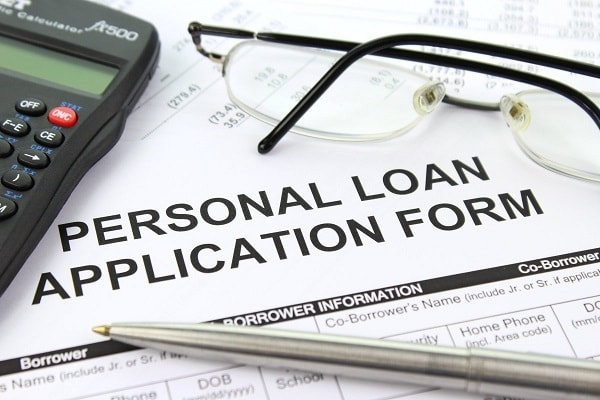Quick approval, low-risk, and collateral-free are some of the reasons why personal loan is one of the most feasible options to generate fund. However, as it is an unsecured loan, the interest rates can tilt towards the higher side. As of now, the average rate of interest for personal loans is between 11.49% – 20%.
Just the way companies consider an individual employee’s work portfolio to determine his/her salary, banks too study an individual loan applicant’s profile and determine the interest rate accordingly.
Below are 4 factors that affect your personal loan interest rate:
Interest Rate and Income are Inversely Proportional
The higher your income, the lesser the interest rate, and vice versa. So, if your monthly income is INR 35,000 or less, then banks can charge 16% – 20% interest per annum. Whereas, if your monthly income is INR 150,000 and above, then you can get a personal loan at 11.5% – 12.5% interest rate per annum.
Most banks have a pre-decided, minimum net monthly income as a part of their personal loan eligibility criteria. For instance – to apply for a personal loan from IndusInd Bank, minimum net monthly income (for salaried employees) should be INR 25,000. The same for self-employed professionals is INR 480,000 lakh per annum. The gap between minimum income specified in the eligibility criteria and your actual income will help to decide your interest rate.

Employer Brand
Believe it or not, the reputation of the company you work for also contributes to this process. A person employed by a company that ranks high on a bank’s or financial institute’s list has a higher bargaining power. Whereas, a person hired by a company that doesn’t have a favourable repute has a lower bargaining power. It is primarily because lenders believe that people working with big brands have a stable income and are more reliable.
Credit Score
Your credit rating plays a huge role, not only during the loan-approval process, but also while narrowing down on the interest rate. A loan applicant’s repayment history of past or current loans and credit card bills is scrutinized by all banks and lending institutes.
Credit score proves your credit worthiness to banks. Hence, the better your rating, the better are your chances to lower rates.
Prior Relationship with Bank
Most of us today have at least a savings accounts, current account or fixed deposit account. If you want a personal loan with a low interest rate, then approach the bank where you already have an account. An interpersonal relationship with a bank can be a great tool to negotiate the interest rate as no company likes to lose a loyal customer.
Also Read-Does it make sense to avail a personal loan to pay off tax debt?
How Can You Improve on These Factors?
Banks prefer people with good work experience and who have stayed in one job for a reasonable period. Up your chances of getting a hassle-free loan by maintaining a good work record at a reputed organisation and avoid job-hopping.
You can improve your credit score by analysing your current financial position, never delaying credit card and loan repayments, adopting a varied credit portfolio, not maxing out your credit limit, and restricting the number of loans and credit cards you accumulate.
Work on your interpersonal relationship with banks by interacting with your account head and manager. It pays-off in the time of need.
Also, just like job-hopping, changing residences frequently isn’t preferred by lenders either. So, try to stay at one place for at least one year if you want your loan application to be approved with an affordable interest rate.




